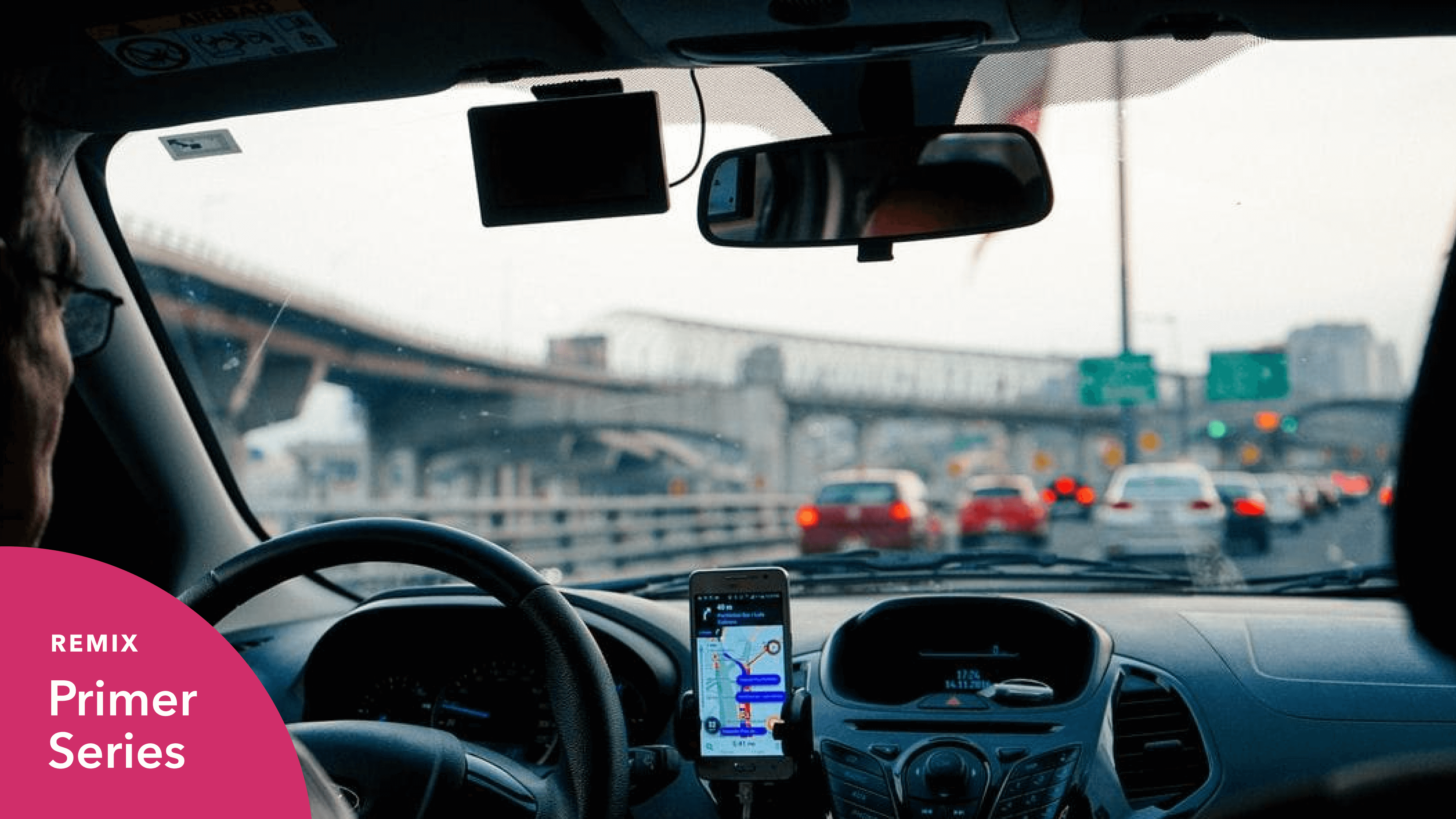advertisement
Kenya Caps Commission Charged by Ride Hailing Apps on Drivers

Kenya has capped the commission charged by ride hailing apps on drivers to 18% per trip as the government moves to protect thousands of workers who have been inconvenienced by high fees.
According to new rules published by the Kenyan Transport and Infrastructure Cabinet Secretary, James Macharia, the cap will also apply to the commission paid by the owners of vehicles registered to various digital taxi companies.
“The commission which shall be paid by a transport network driver or a transport network driver or a transport network owner to the transport network company, which shall not exceed eighteen per cent of the total earnings of the trip,” the new law says.
advertisement
This follows a string of drivers referring to the fees charged by the ride hailing companies as extortionate. Currently, the platforms Uber, Bolt, and Little charge 25, 20, and 15% of the ride value or fare, respectively.
Bolt had raised the partner commission fee from 15% to 20% in September 2019, while Little’s corporate service raised the charges to 19% in 2020, citing rising operational costs.
“A transport network agreement shall not include terms or conditions designed to increase the commission payable by a transport network driver or transport network owner such that it exceeds eighteen percent of the total earnings per trip as required under sub-regulation (2) (g)” the new regulations further say.
advertisement
The rules exclude entities or firms that provide street-hailing taxi cab services, limousines, or other transportation services that are not arranged through a transportation network platform.
“In these Regulations, unless the context otherwise requires—“transport network platform” means a digital platform or any other similar system offered, used or operated by a transport network company and used by persons for the transportation of passengers for compensation by a transport network driver,” the new law said.
Taxi partners who have long criticized the charges as unsustainable will benefit from commission caps.
advertisement
Under the new rules, transportation companies must apply for new licenses and provide information such as revenue sharing pacts, Data Commissioner Registration, pricing mechanisms between them and subscribers, and contractors with vehicle owners, among other things.
“Each transport network company and transport network vehicle that was in operation before the commencement of these Regulations shall continue to operate for a period of ninety days within [within] which they shall be required to acquire the necessary licenses (sic) provided for under these Regulations,” the new regulations read.